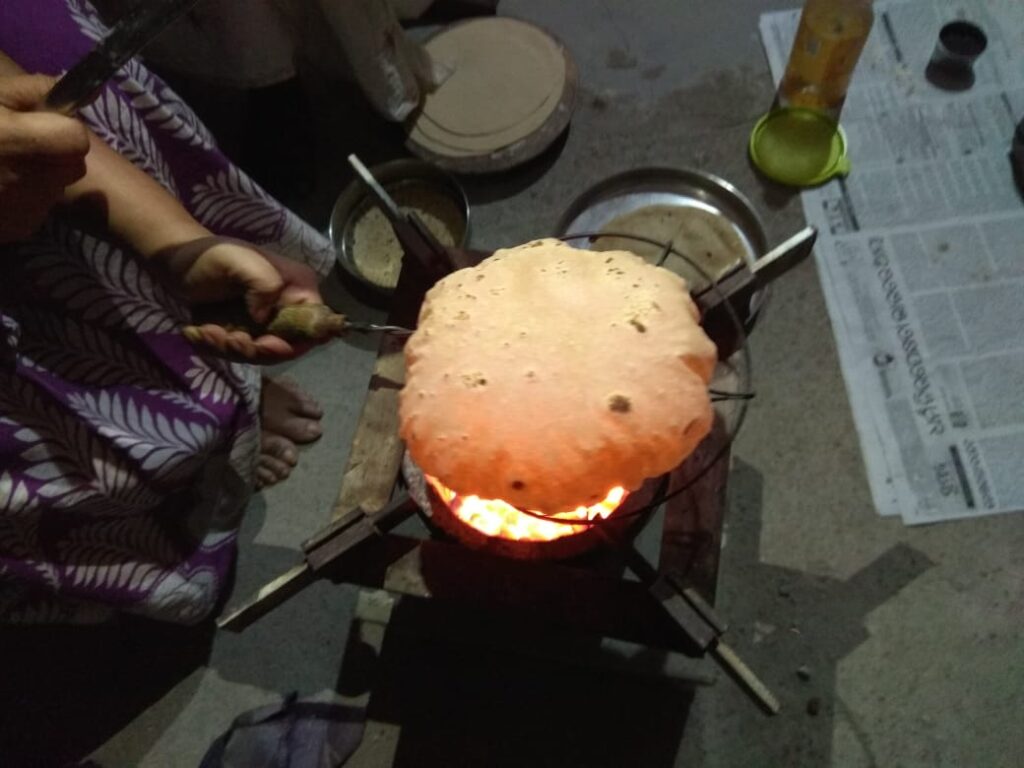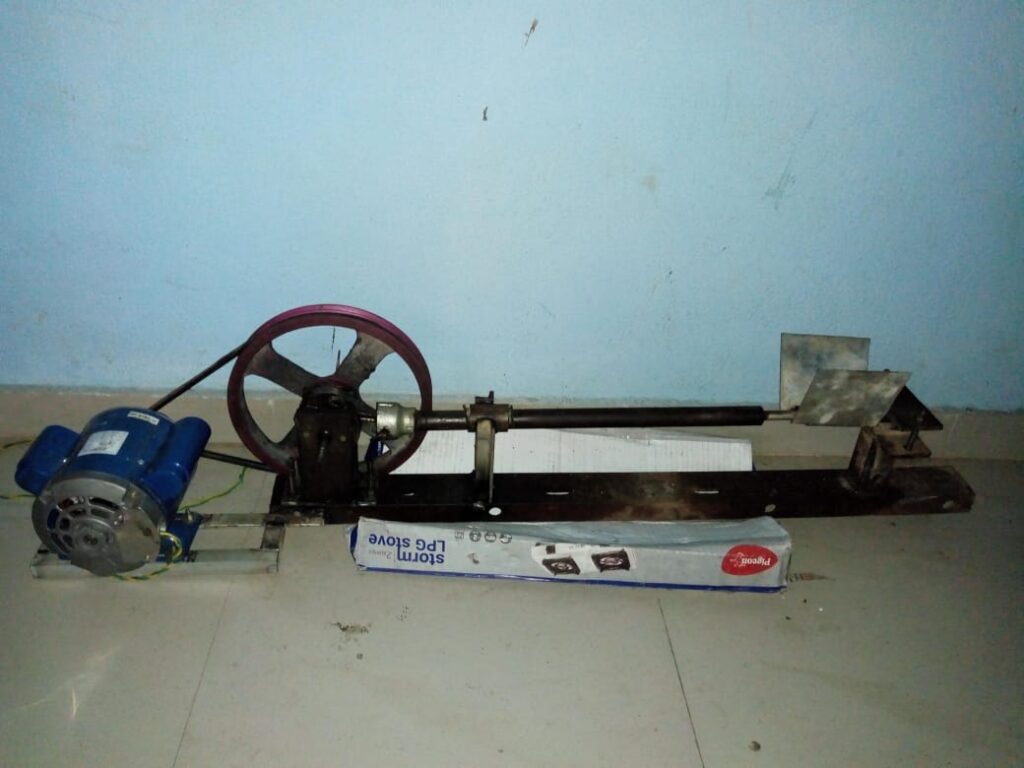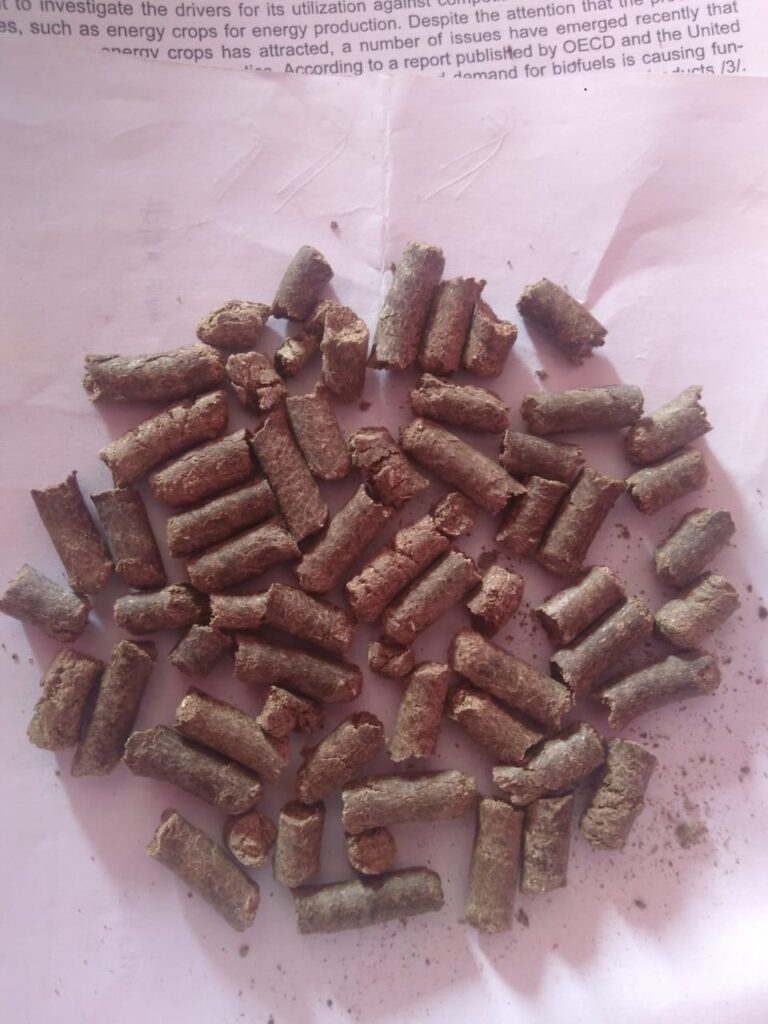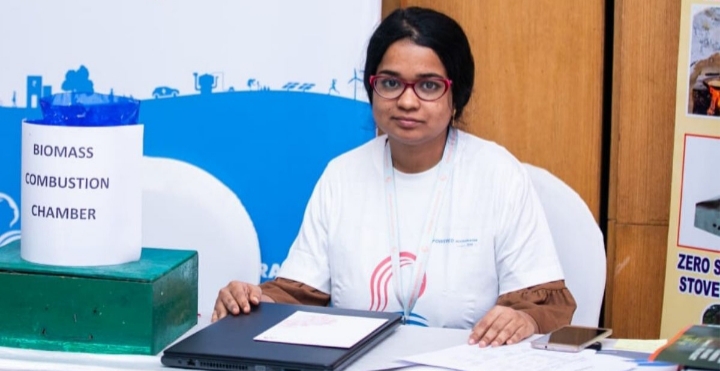Stubble burning in Punjab, Haryana, Orissa and other northwestern parts of India has been cited as a significant cause of air pollution. Government organisations, along with the other engineers, are looking forward to reducing the cause and its effects. However, one such innovative measure has come from a young engineer, Debashree Padhi of Bhubaneswar, Orissa, who came forward with a project of conversion of agro-waste and by-products into useful fuel which can help in putting a full stop to stubble burning.
Er. Debashree Padhi (24) along with her associates, established a company, DD Biosolutions Technology Pvt. Ltd in the year 2016 in Bhubaneshwar. It principally focuses on innovation related to technologies related to energy, food, agriculture, environment and health.
Debashree Padhi is an innovative mind developing a solution not only to reduce the effects of air pollution outdoors but also indoors. She and her father, Dr Payodhar Padhi, carried forward an idea to solve the problem of stubble burning and evolve something beneficial out of it. Debashree, in her mission to convert Agro waste into useful fuel indoors and outdoors, has an inspiring story to share.
Debashree, in a conversation with The EarthView shared, “Often during her childhood days she was restricted to go near the Chullas and wasn’t entertained in the kitchen. Due to the lack of LPG connection and lot of smoke emitted from the chullas caused various health hazards to the family and the neighbours. Lung infection and eye irritation were mostly marked similar effects in the people.”
This young engineer proposed innovative cooking ‘Agnis’ which leaves no or very less particulate matter and emits 0.15 ppm of Carbon monoxide (CO). ‘Agnis’ has a unique advantage as it doesn’t require firewood and is ignited with the help of by-products and agricultural remains.

Debashree kept in mind the indoor and outdoor pollution due to smoke and tried to come up with a single solution. She designed stoves made up of stainless steels. They are available in the form of nano, single and double burner, ranging from Rs 2,800 to 4,500. Where the single and double burner stoves are designed for the household purposes and nano burner is a portable burner to be easily carried.

All three stoves run on agro-mass pellets shaped like bullets. A mixture of agro residue, limestone, clay and jaggery is put in the pallet making machine. Approximately, the machine takes one hour to prepare 300 kilos of pellets. One kilo of the pellet can fuel for approximately 50 minutes of cooking and is sold at Rs 6. The cooking process is two times faster of Agnis, and villagers spend Rs 120-150 per month on pellets on an average.
Debashree, in her vacations, often visited her native place, Naami in Orissa. There she always saw women struggling in the kitchen during cooking. Frequent exploitation of forests and falling ill due to indoor pollution threatened almost all the lives. Ultimately, Debashree, with her zealous nature, kept working in her career to designing a new concept to terminate such persistent problems in the villages and towns.

During the years of research and development trials, her college professors encouraged her to participate in the central government’s Micro, Small & Medium Enterprises incubation programme in Bhubaneswar. The project is to convert agro waste or any bio waste into a high calorific pellet for combustion to prevent stubble burning issue.
“I applied the project under agriculture challenge in which the problem cited of stubble burning prevention in Punjab and Haryana. I got shortlisted and went up to last round, but finally, I did not get selected. This boosted us to work more on this project, and hard work led us to success.”
The acceptance of her idea led to the funding of 6.25 lakhs to commercialise her modified design in 2015. With this money, Debashree registered her own company, DD Bio solution Technology and further developed the agro-waste clean cooking fuel technology.
In March 2019 Debashree acquired certification for the technology from CSIR – Institute of Minerals & Materials Technology, Bhubaneswar, and the stoves went on sale.
She sold 25 stoves to villagers of Naami and rented the pellet-making machine to two local farmers, who collect the agro-waste from their fellow farmers to prepare the mix and sell them.
“We piloted this several times in two villages and found it quite successful and beneficial. This is a clean and green manufacturing system to get green energy out of waste, making waste into wealth. Only capital investment is required.” says Debashree.
Main advantages of the project are to help farmers to utilise the waste and get money out of that. The only decentralised plant is possible to carry out the project commercially viable.
There is a high demand for portable stoves being used in the kitchens of street vendors, schools and small-scale restaurants. Bhubaneswar based dhabas and hotels too have started the utilisation of such stoves.
Such innovations are at need for consuming our natural environment and lives globally. They improve health conditions as well as build a healthy environment by reducing their usage and cutting their usage time.
Written by: Vaishnavi Jawalkar

